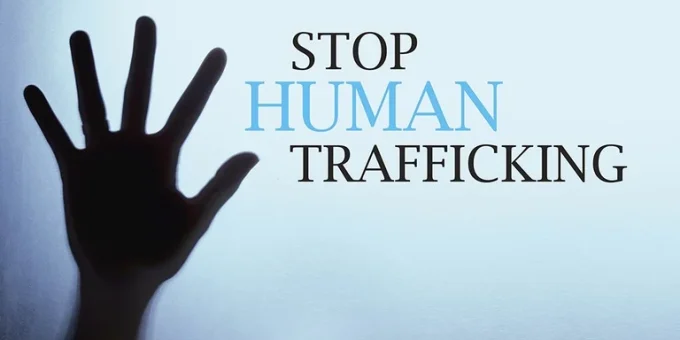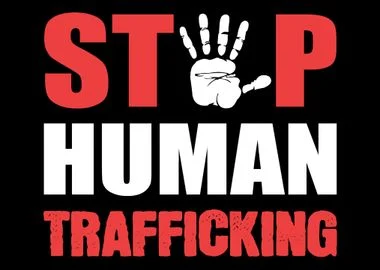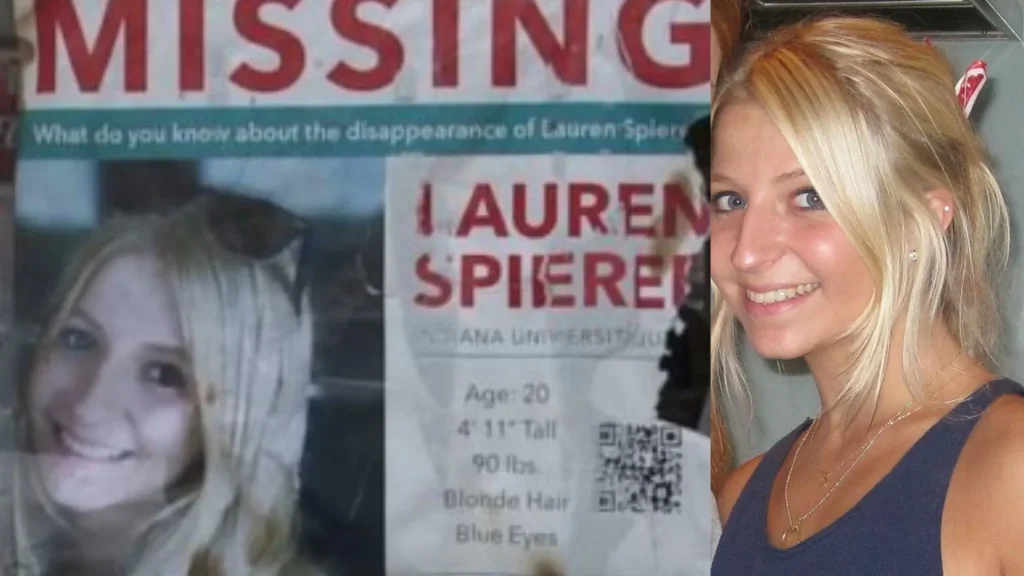
INDIANA– Human trafficking has no place in our world. As both a grave crime and a human rights abuse, it compromises national and economic security, undermines the rule of law, and harms the well-being of individuals and communities everywhere. It is a crime of exploitation. Traffickers profit at the expense of their victims by compelling them to perform labor or engage in commercial sex in every region of the United States and around the world.

Human trafficking can include, but does not require, movement. Human trafficking is distinct from the separate crime of migrant smuggling. Human trafficking occurs when a trafficker uses force, fraud, or coercion to compel another person to work or engage in a commercial sex act or forced labor. It sometimes involves crossing a border but does not require it. By contrast, migrant smugglers engage in the crime of bringing people across international borders through deliberate evasion of immigration laws. While these are distinct crimes, individuals who are smuggled may become vulnerable to and victims of human trafficking.
Indiana ranked 23rd in the United States in human traffic occurrences with 123 reported cases in 2023. Indiana has responded by implementing legislation, enhancing victim services, and collaborating with law enforcement agencies to improve the prevention, identification, and prosecution of human trafficking cases. Lauren Spierer went missing from the IU Bloomington campus in June of 2011 and her being trafficked is a major theory on what happened to her.

Human trafficking victims can be of any age, race, ethnicity, sex, gender identity, sexual orientation, nationality, immigration status, cultural background, religion, socio-economic class, and education attainment level. In the United States, individuals vulnerable to human trafficking include children in the child welfare and juvenile justice systems, including foster care; runaway and homeless youth; individuals with substance use issues; racial or ethnic minorities; migrant laborers; persons with disabilities; LGBTQI+ individuals; and victims of intimate partner violence or other forms of domestic violence.
To learn more about Indiana’s prevention tactics and statistics click here.



